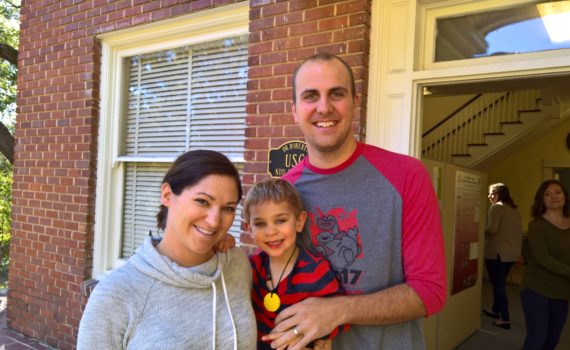
Some young participants even spend their birthdays with us!
Now that’s dedication!

Now that’s dedication!
We’re halfway through 2017 and we just want to give you an update on all of the progress we have made thus far! We couldn’t do it without the support of our wonderful families! Here is our Newsletter: June2017Newsletter_
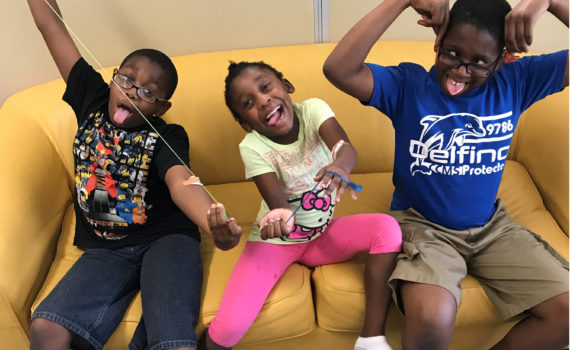
Most of our families really know how to have fun and that is what makes us want to come to “work” each day!! These three participants were absolutely fabulous during their visit to our lab last week and so we gave them STICKY hands as prizes! That’s when things just got silly;)
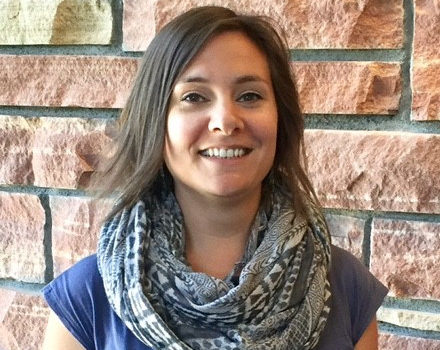
Starting this July, the Neurodevelopmental Lab will have a new postdoctoral fellow as part of our research team!! Dr. Elizabeth Will is coming to us from Colorado State University where she received her Ph.D. in Applied Developmental Science. Dr. Will’s postdoctoral research will focus on delineating syndrome-specific vulnerabilities and underlying psychophysiological mechanisms contributing to differential outcomes for individuals with fragile X syndrome.
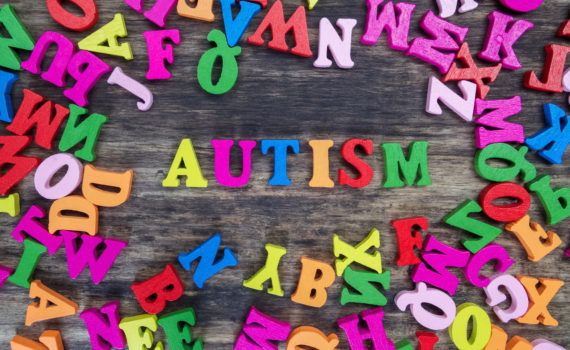
April is National Autism Awareness Month! According to the CDC, approximately 1 in 68 school-aged children have been identified with autism spectrum disorder (ASD). This month gives an excellent opportunity to promote autism awareness and acceptance around the world. Together we can make a better world for those with autism by taking action and supporting organizations which provide support for families affected by ASD.
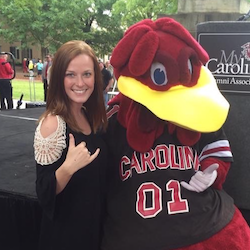
Hannah Durham graduated from USC this past May and is currently a research assistant in our lab. She has accepted a clinical research specialist position at the Center for Autism and Brain Development at Duke University Medical Center! She will be joining a team who is studying the efficacy of umbilical cord blood infusion for improving outcomes of children with autism spectrum disorder. Congratulations!!

A big congratulations to Sara Matherly who received $5,000 funding from the University of South Carolina through the SPARC Graduate Research Grant Program! Sara, a graduate student in the School Psychology Ph.D. program, will be attending a training on the Anxiety Disorders Interview Schedule and Autism Spectrum Addendum to capture distinct profiles of anxiety in autism spectrum disorders. This will help to better understand the impact of anxiety across multiple domains impacting young adult independence within cross-syndrome ASD.
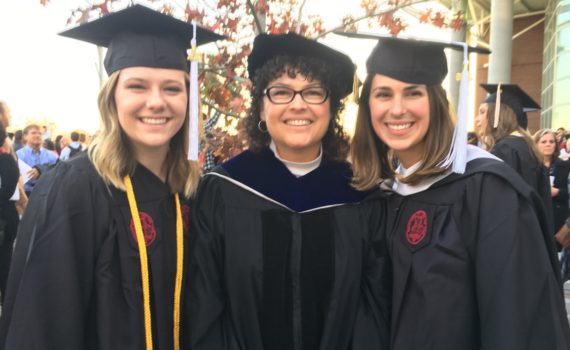
The NDD Lab is celebrating a two important graduations this fall! Carly Moser has successfully completed her undergraduate degree in Psychology at USC and she will continue to work at our lab as an integral member of our assessment team! Kelly Caravella is currently a Clinical-Community Ph.D. student who has just received her Masters of Arts degree this month! She will continue her doctoral studies while working in our lab as a primary assessor. Congratulations to both of them and we are lucky to have them here in the Neurodevelopmental Disorder Lab!

We are recruiting children who have been diagnosed with Autism!
Who can take part in this study: Children 30-42 months diagnosed with autism spectrum disorder and a developmental delay.
What will participation involve: Completing some interviews and questionnaires about your thoughts and experiences as well as your child’s development. Yearly in person assessments of mom and child at your home. Participants will be compensated for their time and receive a brief report of their child’s development.
How will this project help families: This information would enable us to support all families affected by neuro-developmental disorders by promoting earlier diagnosis, treatment and support.
How can I get more information: Please contact Ms. Jessica Escorcia via email (uscdevlab@gmail.com) or phone (803-777- 5676). You may also visit our recruitment page.
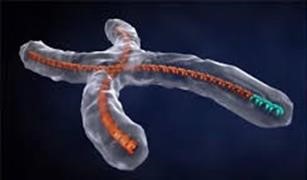
In September 2016, Dr. Jane Roberts was awarded funding by the National Institute of Mental Health for the project entitled: Emergence, Stability and Predictors of Anxiety in Fragile X Syndrome. It is the first longitudinal developmental study of the early features of anxiety in very young boys with FXS contrasted to boys diagnosed with ASD (non-FXS) and typical controls. The study analyzes the age which initial features of anxiety can be detected and the stability and prognostic value of these early symptoms. Our lab is eager to start work on this exciting new project!!
Learn how you can take part in our research